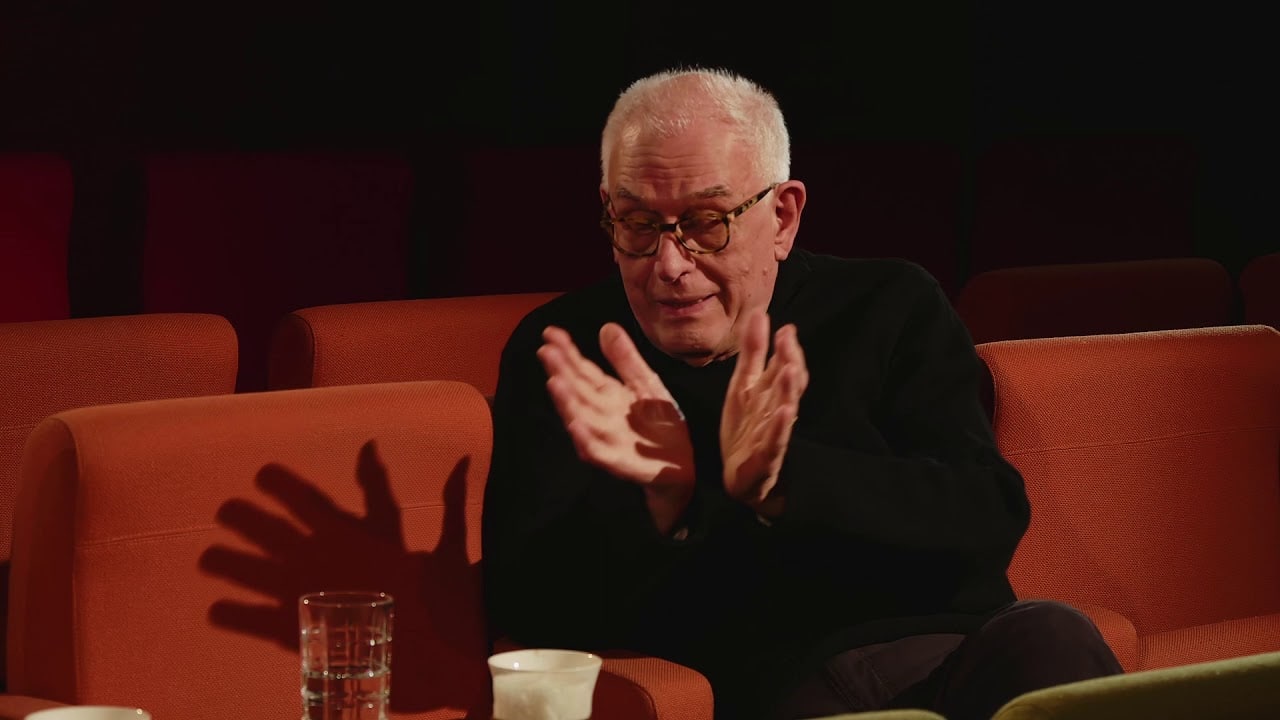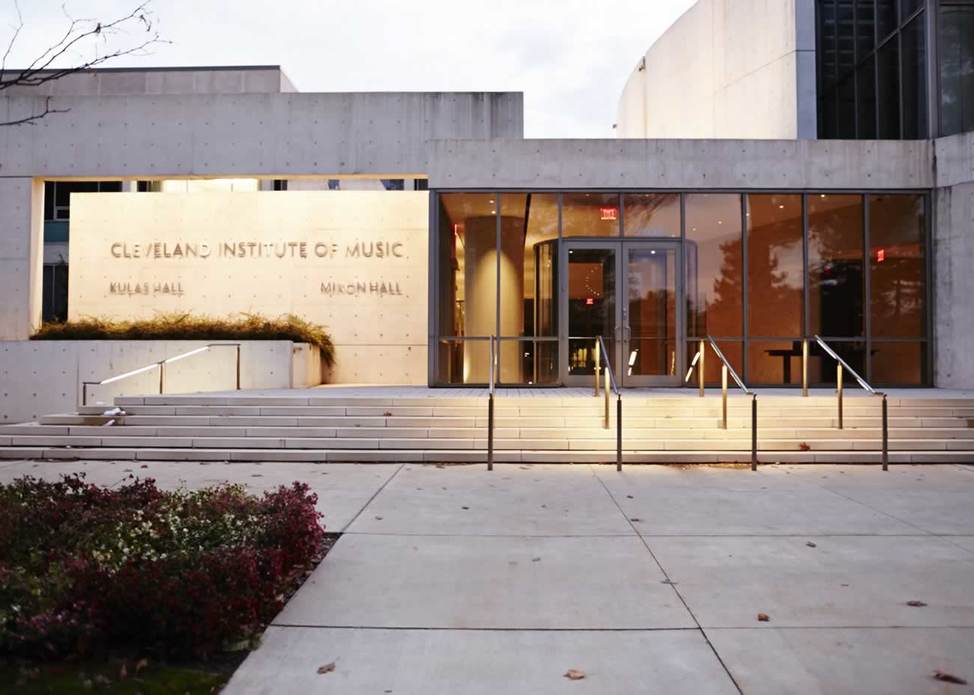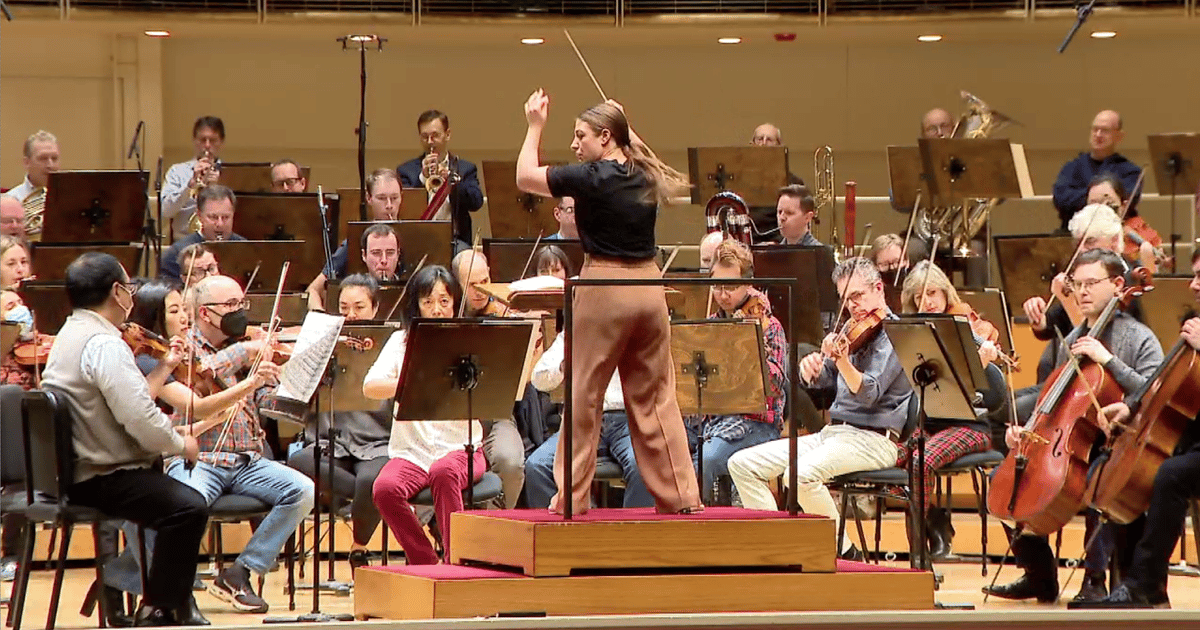Mourning for mishandled maestro, 86
RIPCroatia’s foremost conductor Nikša Bareza died yesterday at the age of 86.
He was scarcely heard in Zagreb in recent years, blocked by an obdurate intendant at Croatian National Opera.
Bareza was twice head of Zagreb Opera (1965–74 and 2014–2018), permanent conductor at Zurich Opera 1978–81, Generalmusikdirektor in Graz (1981–90) and Chemnitz (2001–2007) and chief conductor of Croatian Radiotelevision Symphony Orchestra in Zagreb (1992–2010).
He also conducted opera in Munich, Hamburg, Berlin, Vienna (1973-1991), La Scala (1991-2007) and San Francisco.






Nice man, I have fond memories of working with him.
News of the death of Croatian-born maestro Nikša Bareza at 86 is very sad indeed.
I heard him conduct on many occasions at the Wiener Staatsoper, the Croatian National Theatre Zagreb, the Lisinski Theatre Zagreb and theTeatro Verdi in Trieste.
A maestro firmly placed in the ‘old school’ tradition, he was a perfectionist who had no time for gratuitous ‘interpretative revisionism’ and believed in the sanctity of the score and following the composers’ clearly articulated intentions.
Unlike many of today’s globe-trotting, rehearsal-averse maestri, his preparation was always meticulous – even with works he had conducted for decades.
With a cheerful twinkle in the eye, Nikša Bareza was a true gentleman, invariably gracious and always ready to share his formidable musical knowledge with young artists and colleagues.
His boundless energy and enthusiasm for new projects and concert programmes belied his advanced years whilst the idea of retirement never entered his mind.
In a country not exactly overflowing with internationally-acclaimed conductors, Bareza was often undervalued by many of his fellow Croatians.
He was unquestionably the most important conductor ever to come out of Republika Hrvatska as the extensive list of his appearances in the leading opera houses of Europe, the US and even Mexico will attest.
His long standing disagreements with soon to be replaced HNK Intendantin Dubravka Vrgoš (who publicly admitted ‘I don’t know anything about opera’) was a lamentable coda to an extraordinarily accomplished career.
Not just in Croatia but everywhere Nikša Bareza conducted will be musically and artistically much the poorer for his demise.
All those who knew and worked with him have lost an exemplary role model, mentor and friend.
He was a nazi, like his father. Not going to be missed by anyone in Croatia. You know we are trying to move forward from our nazi past, right? Why would we praise someone like him and his father? No thank you. You can have him and his ‘old school style’, or as we Croats called it ‘dated’.
My comments were based on maestro Bareza’s irrefutable track record as a major international conductor, not the utterly unfounded allegations of a malevolent malcontent with patently spurious musical qualifications.
That’s a lot of words used just to say you don’t mind if someone’s a nazi as long as they’re good at their job. At least I can see you’re a boomer so we won’t have to deal with people like you for much longer.
Btw, ‘major international conductor’? Haha sure, and I am the world’s best Pianist even though just like him, unless you’ve worked with me you’ve never heard of my name.
I am not sure what is the worst thing about these inane comments – the unashamed ageism, blatant ignorance of history or staggering arrogance.
‘Darko’ by name and very dark by nature.
Furthermore, Bareza was 9 years old when der Führer dispatched himself to Valhalla – or places less lofty.
I was unaware that the Hitlerjugendbewegung had a kindergarten division.
Shame on you, whoever you are!
Rest in Peace! Bareza was well respected among those in the know. He also had a reputation for thoroughness and preparation. About ten years ago I attended an event where he was speaking about rehearsals of Parsifal at the National Opera in Zagreb and I can only say that this was a modest and erudite man. Malicious and ignorant comments above should be disregarded.
Maestro Nikša Bareza (1936-2022) will be deeply missed. Although he had very successful career around the world (for example, he conducted acclaimed Wagner productions, notably of Ring, in Austria and Germany while also conducting Puccini and Verdi at La Scala), for him it has always been far more important to do everything to bring performances as close to the idea(l)s of the composers, as he understood them by meticulous study of the score and all the relevant cultural, musical, historical and stylistic context, than just the bare fact of conducting in respected opera houses and concert halls. He conducted a huge repertoire of operatic and symphonic literature from Claudio Monteverdi to 21th century pieces, including not only the standard but also many rarely performed works. It is today little known that he was the conductor of the first modern (20th century) performance of Salieri’s Prima la musica e poi le parole (Dubrovnik Festival, 1973), after which this opera gained a considerable interest from other European conductors. He was greatly influenced by Nikolaus Harnoncourt, whom he met at the Zürich Opera in the 1970s, when the Austrian conductor did his famous Monteverdi and Mozart productions with Ponnelle. Also important were Milan Sachs and Hermann Scherchen in general, Matačić (for Bruckner), Mravinskij (for Russian music), Gavazzeni and Muti (for Italian opera) etc. But Bareza was not an emulator; he was himself even when it was against pleasing everybody, as with his not-indulging-singers-and-audience Puccini, with clearly articulated symphonic form. With the philosophy of “fidelity to the score” he was not strict as, for example, Muti, but sometimes insisted on ideas that were not based on the actual performance practice (in Zagreb he asked singers in Rossini’s Il barbiere to sing their arias come scritto). He was committed to do justice to the structural coherence of Italian ottocento opera, insisting on complete performance without cuts. But “philological” aspects did not deprive his interpretations of true passion, energy, musicality and various subtleties. His thoroughness and perfectionism were admired, but not always popular with singers and orchestras he worked with. A gentleman and a conductor who truly deserved to be called Maestro. I was happy to hear, among other things, his Onegin, Traviata, Les Vepres siciliennes, Holländer, Lohengrin, Parsifal, Le nozze di Figaro, Die Zauberflöte, Ero the Joker (Craotian opera), Gurre-Lieder, Mozart’s Gran partita and Beethoven’s Eroica in Zagreb. He is mourned by Teatro Verdi, Trieste (http://www.teatroverdi-trieste.com/it/comunicati-stampa/in-ricordo-del-maestro-niksa-bareza), Oper Graz (https://oper-graz.buehnen-graz.com/news-details/die-oper-graz-trauert-um-niksa-bareza), Theater Chemnitz (https://www.theater-chemnitz.de/service/news-archiv/news-detailseite/dirigent-niksa-bareza-verstorben), Wiener Staatsoper (https://www.wiener-staatsoper.at/die-staatsoper/medien/detail/news/zum-tod-von-niksa-bareza/), Croatian and other operatic and music institutions.